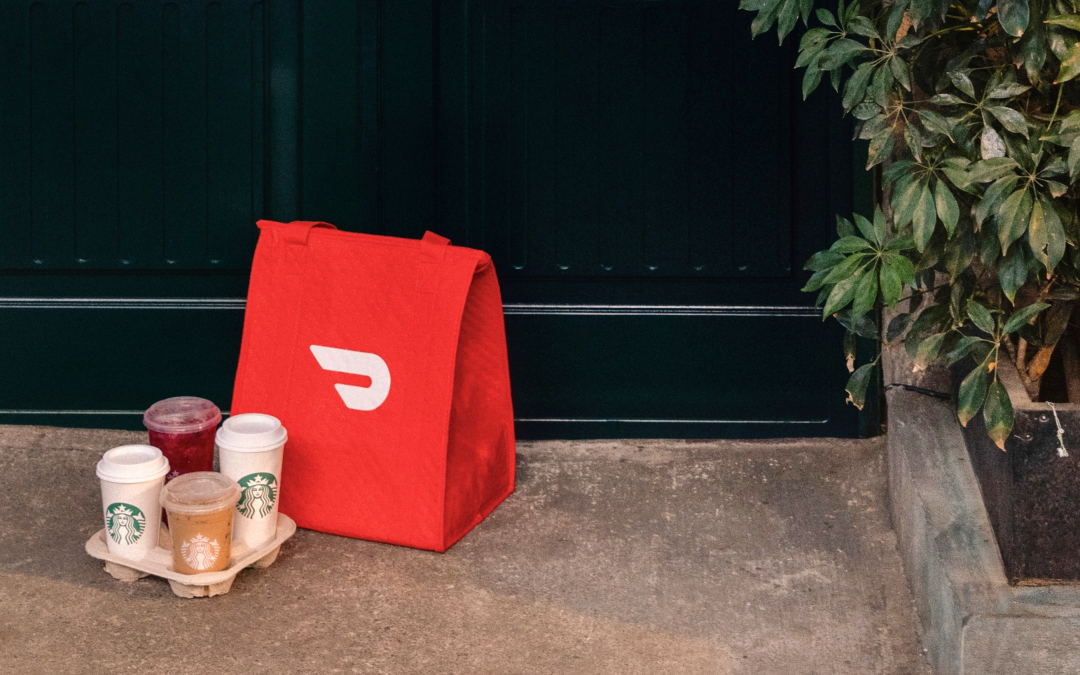DoorDash is addressing delivery fraud with a new set of measures.
A spokesperson for the third-party delivery giant told Food On Demand that while not super common, “the unfortunate fact is that there are people who falsely claim that they didn’t receive their food in order to get a refund.”
To counter this issue, DoorDash announced last week that it will require some customers to provide a four-digit code upon receiving their order. This will mainly target those who frequently report problems with their deliveries.
“If a customer is unable to provide a pin the Dasher can still choose to drop off the customer’s food,” said the DoorDash spokesperson. “We have the ability to issue a pin in certain circumstances, like if a customer claims issues with their orders that we’ve identified as potentially fraudulent.”
Why does it matter?
The level of retail fraud in the economy is mind-boggling. Retailers estimate 13.7 percent of returns, or $101 billion worth, were fraudulent last year, according to a survey by Appriss Retail and the National Retail Federation.
And of course this plagues the restaurant world.
Delivery fraud impacts both restaurants and couriers or “Dashers.”
For restaurants, they could end up having to cover the cost of missing orders.
At the Food On Demand conference, restaurant operators expressed frustration over having to issue refunds when not at fault.
“We know there are times that there’s a mess-up on our end where the guest genuinely deserves cash back,” said Sean Thompson, VP of information technology at Freddy’s Frozen Custard & Steakburgers. “But we know how people have learned to game the system and eat food for free.”
Freddy’s reported that chargebacks are rare in some areas but common in others, with 1.5 to 2 percent of orders resulting in refund requests.
Meanwhile, on the courier end, Dashers risk having their account suspended for too many failed deliveries.
To help Dashers not be unfairly penalized, DoorDash is enhancing the appeal process. The updated system allows Dashers to appeal account deactivations directly within the app, with real-time status updates and responses within a few business days.
There are also several tech companies that aid restaurants with the chargeback and refund process with third-party delivery companies. For one example, Voosh helps identify disputes and automates the entire filing process, which is often time-consuming for restaurants. During the panel at Food On Demand, Voosh reported working with 25 brands and achieving a win rate of between 80 to 90 percent for refund requests.
DoorDash said it plans to keep refining its delivery processes based on feedback from Dashers and restaurants.


